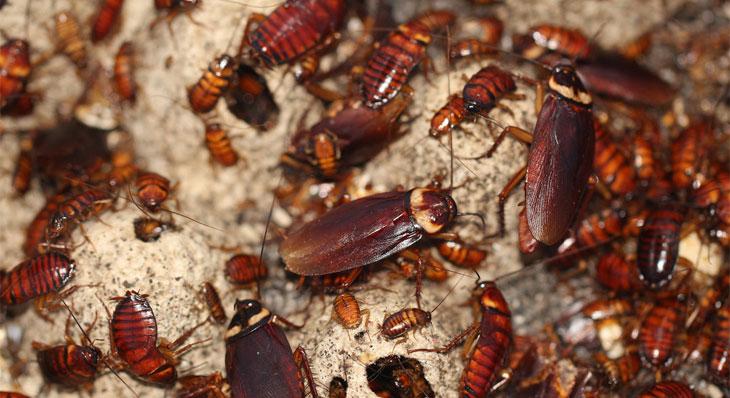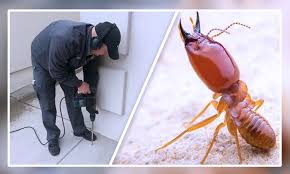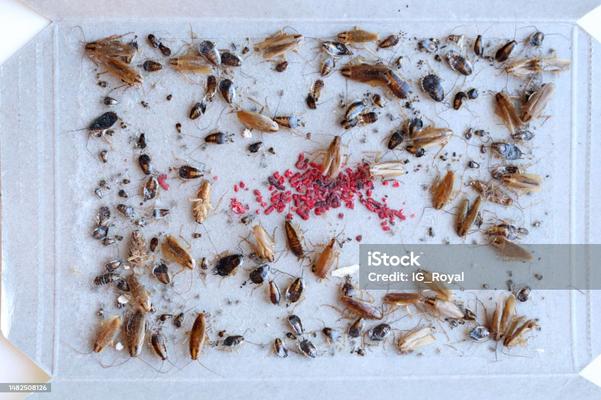
Termite Pest Control In Ghatkopar Termite pest c...

Termite Pest Control In Ghatkopar Termite pest control is crucial for protecting structures and preventing extensive damage caused by these destructive pests. Termites feed on cellulose-based materials like wood, paper, and plant debris, making buildings and homes susceptible to their attacks. Here's a guide to managing and controlling termite infestations: Inspection: Regular inspections by professionals are essential to identify signs of termite activity. Early detection can prevent extensive damage. Types of Termites: There are different types of termites, including subterranean, drywood, and dampwood termites. Understanding the type of termite you're dealing with helps in tailoring control methods. Preventive Measures: Moisture Control: Termites are attracted to moisture. Fix leaks, ensure proper drainage, and ventilate crawl spaces to reduce moisture buildup. Wood-to-Soil Contact: Minimize direct wood-to-soil contact around your property, as termites can use this as a pathway into buildings. Regular Maintenance: Keep your property well-maintained, repair damaged wood promptly, and remove dead trees and wood debris. Termite-Resistant Materials: Consider using termite-resistant materials during construction or renovations. Chemical Treatments: Soil Treatment: Liquid termiticides can be applied to the soil around a building's foundation to create a barrier against termites. Wood Treatment: Infested wood can be treated with borate-based solutions to deter termites from feeding on it. Baiting Systems: In-Ground Bait Stations: These are placed in the soil around a property. Termites consume bait and share it with the colony, eventually leading to colony elimination. Above-Ground Bait Stations: Placed directly on termite activity areas, these can help control localized infestations. Fumigation: For drywood termite infestations, fumigation involves enclosing the structure in a tent and introducing a gas to eliminate the termites. Professional Assistance: Termite control often requires specialized knowledge and equipment. Hiring licensed pest control professionals is recommended, especially for extensive infestations. Regular Monitoring: Even after treatment, regular monitoring is necessary to ensure termites do not return. Integrated Pest Management (IPM): IPM strategies involve a combination of preventive measures, monitoring, and targeted treatments to minimize the use of chemicals while effectively managing pests. Educate Yourself: Understanding termite biology, behavior, and signs of infestation can help you take early action. Remember that termite control is an ongoing process, and a combination of approaches is often most effective. The choice of control method depends on factors like the severity of infestation, termite species, and the structure's construction. Regular maintenance and professional assistance are key to long-term termite management.
Keywords
Subscribe for latest offers & updates
We hate spam too.


